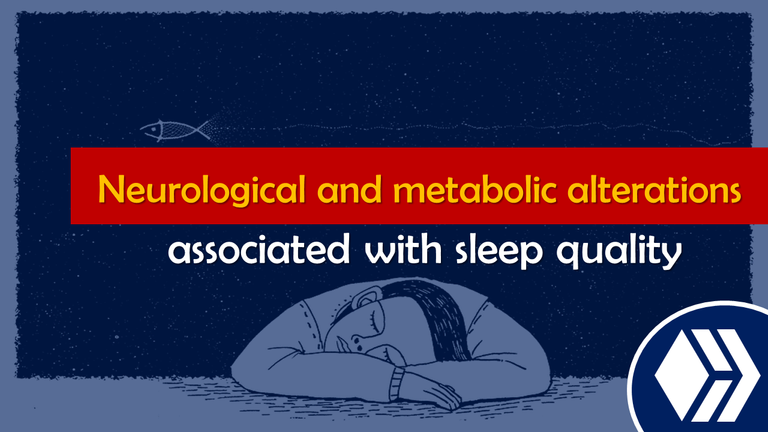
CONTENT
Greetings dear readers of the #HIVE platform, in this post I will describe a little conceptualizations associated with the quality of life, understanding quality of life as the biopsychosocial management that alludes to a wide variety of situations valued very positively or considered desirable for people, within these situations sleep as a factor biological rest act is of utmost importance to have quality of life.
Now, in addition to sleep as an act of biological rest, there are also certain factors that obviously influence the quality of life such as age, health, social status, among others of equal importance, but specifically with regard to this publication I wanted to focus on the sleep factor, since it depends on the individual to allocate hours of rest to increase their quality of life.

Allocating hours of rest or "sleep" is a fascinating process of biopsychosocial interpretation, however, it is important to mention that scientifically its biological functions have been clarified, however, there is still much to be studied, however, multiple studies on the biology of sleep and on the clinical effects of its disorders make it increasingly clear that sleep is a process of vital importance for the health of the human species.
Although it is known that sleep strengthens the immune system, helps to regulate metabolism and eliminate toxins from the brain, it is also known that not getting a minimum number of hours of rest can have consequences on our health, for example, not sleeping well can lead to the appearance of cardiovascular diseases.
Similarly, not sleeping triggers the onset of diseases such as Alzheimer's and Parkinson's, therefore, people who sleep poorly, i.e. those who do not allocate the usual hours of rest (08 hours) are prone to the onset of neurodegenerative diseases.
To close this entry, it should be noted that sleep problems are a growing concern for public health worldwide, because lack of sleep is associated with damage to motivation, emotion and cognitive functioning in people, a fact that day after day creates multiple neurological and metabolic pathologies.

SOURCES CONSULTED
➊ Dorit K Role of sleep quality in the metabolic syndrome. Link
➋ Hirotsu C Interactions between sleep, stress, and metabolism: From physiological to pathological conditions. Link

OBSERVATION:
The cover image was designed by the author: @lupafilotaxia, incorporating the public domain image background: Source / Author: Pixabay, 2016


The rewards earned on this comment will go directly to the person sharing the post on Twitter as long as they are registered with @poshtoken. Sign up at https://hiveposh.com.